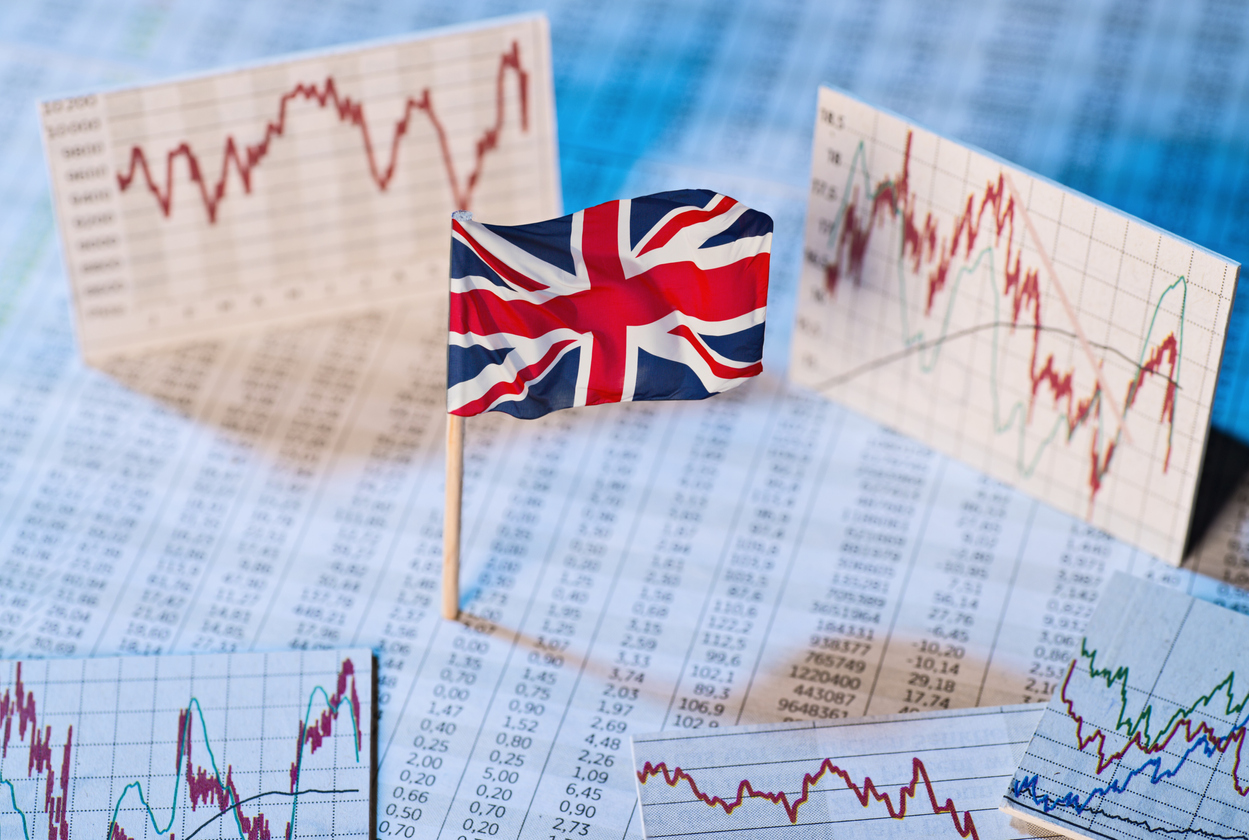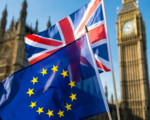The United Kingdom’s economy shrank by 0.1% in September, marking an unexpected setback to Finance Minister Rachel Reeves’ plans for sustained economic growth. Over the third quarter, growth slowed to just 0.1%, down from 0.5% in the second quarter, according to data released by the Office for National Statistics (ONS) on Friday.
Economic Performance Below Expectations
The September contraction, attributed to stagnation in the services sector alongside declines in manufacturing and construction, underperformed forecasts from economists and the Bank of England (BoE), which had predicted 0.2% quarterly growth. The slowdown follows a stronger first half of 2024 when the economy rebounded from the effects of last year’s mild recession.
Despite the disappointing figures, there was a notable 1.2% quarterly increase in business investment, marking four consecutive quarters of growth in this area. However, broader economic challenges overshadowed this progress.
Reeves’ Growth Agenda
Finance Minister Rachel Reeves acknowledged the need for more robust economic performance. “Improving economic growth is at the heart of everything I am seeking to achieve, which is why I am not satisfied with these numbers,” she said, reiterating her commitment to stimulating growth through investment and regulatory reforms.
Reeves recently announced plans to overhaul regulations governing the UK’s financial sector, labeling it a “crown jewel” of the economy. Her big-spending budget, coupled with these reforms, is designed to drive short-term recovery and position the UK for stronger growth in the coming years.
However, critics argue that Labour’s landslide election victory in July, and subsequent rhetoric about weak economic conditions, has dampened confidence. The opposition Conservative Party accused Reeves of “talking down” the economy.
Challenges Ahead
The Bank of England revised its annual growth forecast for 2024 downward to 1% from 1.25%, though it expects a stronger performance in 2025. Britain’s economic output has been sluggish since the COVID-19 pandemic, with growth of just 3% since late 2019. Among major advanced economies, only Germany has fared worse, heavily impacted by rising energy costs following Russia’s invasion of Ukraine.
Sanjay Raja, chief UK economist at Deutsche Bank, warned of potential risks on the horizon, including increased taxes on businesses, which could dampen private sector investment and hiring. “We still see positive momentum into 2025, but downside risks are brewing,” he said, citing geopolitical tensions and the potential for a trade war.
Long-Term Growth Ambitions
Prime Minister Keir Starmer and Reeves have set ambitious economic targets, including achieving annual growth of 2.5%, a level not consistently reached since before the 2008 financial crisis. Reeves has also pledged to position the UK as the fastest-growing economy per capita among the G7 nations for two consecutive years.
However, Friday’s data highlights the challenges in reaching these goals. GDP per capita fell by 0.1% in the third quarter and remained flat compared to the previous year, with no annual growth recorded since 2022.
Outlook
The latest figures underscore the complexity of the UK’s economic recovery. While targeted investments and reforms aim to provide a pathway to growth, global uncertainties, domestic policy risks, and stagnant GDP per capita present significant obstacles. Analysts agree that the coming quarters will be crucial in determining the success of Reeves’ growth push.


















